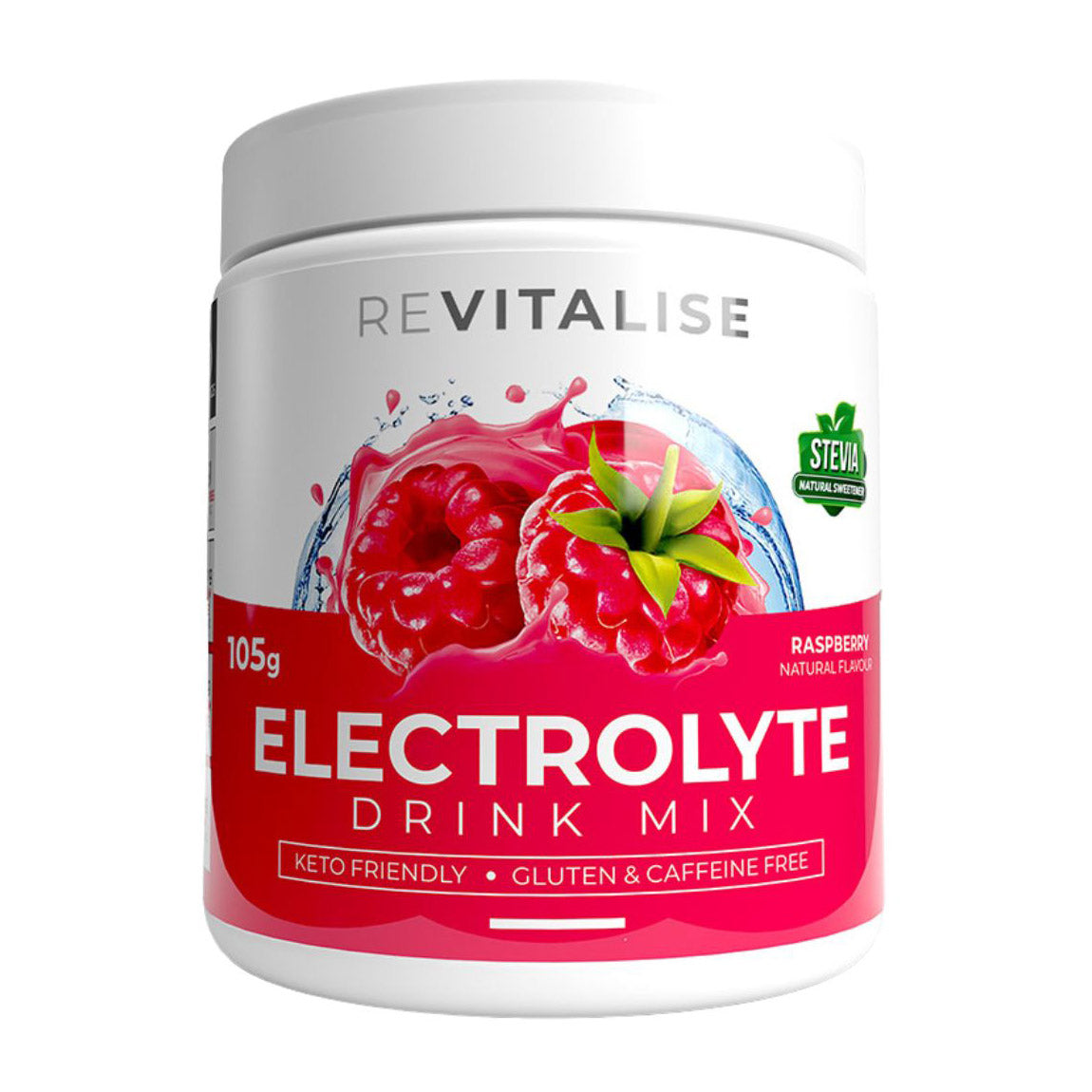Electrolytes are essential minerals that are involved in various physiological processes within the body. They help maintain the proper balance of fluids, regulate the body's pH levels, and assist in transmitting nerve impulses and muscle contractions. However, an imbalance in electrolytes can lead to several health complications. In this article, we will discuss the symptoms of electrolyte imbalances and their solutions.

Symptoms of Electrolyte Imbalances
The symptoms of electrolyte imbalances can vary depending on which electrolyte is affected and the severity of the imbalance. Some of the common symptoms include:
-
Fatigue - Electrolyte imbalances can cause muscle weakness and fatigue.
-
Muscle cramps - Low levels of potassium, calcium, or magnesium can lead to muscle cramps and spasms.
-
Irregular heartbeat - Electrolyte imbalances can cause arrhythmias or irregular heartbeats.
-
Nausea and vomiting - Low levels of sodium or potassium can cause nausea and vomiting.
-
Headaches - Electrolyte imbalances can cause headaches and dizziness.
Solutions for Electrolyte Imbalances
The solution for electrolyte imbalances depends on which electrolyte is affected and the severity of the imbalance. Here are some of the ways to manage and prevent electrolyte imbalances:
-
Hydration - Drinking enough fluids is essential to prevent electrolyte imbalances. It is recommended to drink at least eight glasses of water per day.
-
Diet - Eating a balanced diet that includes fruits and vegetables, which are rich in electrolytes, can help prevent electrolyte imbalances. Foods such as bananas, spinach, avocados, and nuts are excellent sources of electrolytes.
-
Supplements - In some cases, taking supplements can help replenish electrolytes. ReVitalise Zero Sugar Electrolytes is a great way to replenish lost electrolytes without consuming added sugars.
-
Medications - In severe cases, medications may be necessary to treat electrolyte imbalances.
-
Exercise - Regular exercise can help prevent electrolyte imbalances, but it is important to ensure that you are staying hydrated and consuming electrolytes.
Preventing Electrolyte Imbalances
Preventing electrolyte imbalances is key to maintaining good health. Here are some tips to help prevent electrolyte imbalances:
-
Stay hydrated - Drinking enough fluids is essential to prevent electrolyte imbalances.
-
Eat a balanced diet - Consuming a balanced diet that includes electrolyte-rich foods can help prevent electrolyte imbalances.
-
Limit caffeine and alcohol - Caffeine and alcohol can cause dehydration, which can lead to electrolyte imbalances.
-
Monitor medications - Some medications can cause electrolyte imbalances. Be sure to talk to your doctor about any medication side effects.
-
Be aware of your body - Pay attention to any symptoms that may indicate an electrolyte imbalance and seek medical attention if necessary.
Conclusion
Electrolyte imbalances can lead to various health complications. Symptoms of electrolyte imbalances include muscle weakness, muscle cramps, irregular heartbeat, nausea, vomiting, headaches, and dizziness. Solutions for electrolyte imbalances include hydration, a balanced diet, supplements, medications, and exercise. Preventing electrolyte imbalances requires staying hydrated, eating a balanced diet, limiting caffeine and alcohol, monitoring medications, and paying attention to your body. By maintaining a healthy lifestyle and seeking medical attention when necessary, you can prevent and manage electrolyte imbalances. ReVitalise Zero Sugar Electrolytes is a great way to replenish lost electrolytes without consuming added sugars.

















